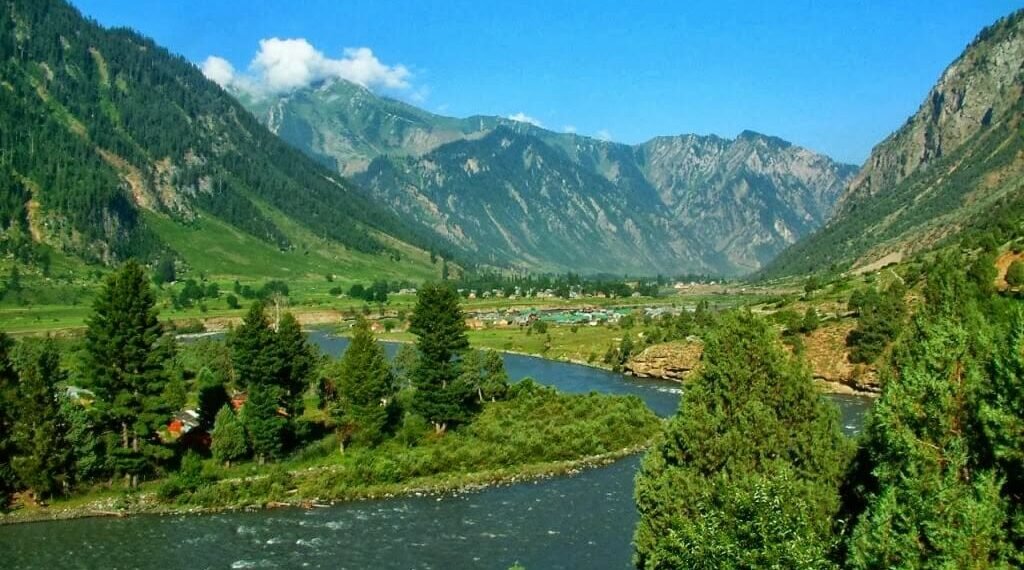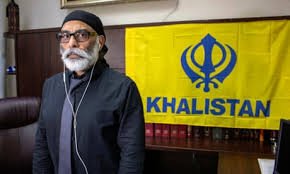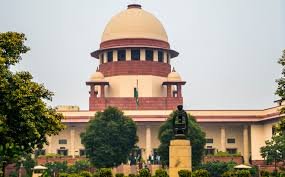The Pahalgam terror attack has emptied Kashmir’s once-thriving tourist hubs, forcing mass cancellations, shuttered resorts, and an exodus of visitors, as authorities ramp up security operations across the Valley.
BY PC Bureau
The Jammu and Kashmir government has ordered the temporary shutdown of at least 48 resorts and over half of the Union Territory’s tourist destinations, citing security concerns after the devastating terrorist attack in Pahalgam on April 22. The assault, which killed 26 civilians—mostly tourists—at the scenic Baisaran meadows, has sent shockwaves through the region, paralyzing its tourism-driven economy and triggering a mass exodus of visitors.
Security forces, meanwhile, have launched a sweeping manhunt for the perpetrators, identified as operatives of The Resistance Front (TRF), a Lashkar-e-Taiba offshoot based in Pakistan. Although the TRF initially claimed responsibility, it later retracted the statement. A joint operation involving the Indian Army, CRPF, and Jammu and Kashmir Police now spans a 5-kilometer radius around Pahalgam, with intensified checkpoints, rapid-reaction teams, and aerial surveillance across the Valley.
The closures affect major attractions like Doodhpatri in Budgam, Verinag in Anantnag, and several sites in Gulmarg and Srinagar, now off-limits to tourists. Only weeks ago, Kashmir’s meadows and markets thrived with tourists—over 3.5 million visited in 2024, according to official records. Today, the region stands eerily silent. Shikaras drift idly on Dal Lake, and Srinagar’s once-bustling Lal Chowk is nearly deserted. In the immediate aftermath, 59 evacuation flights, including seven special services, ferried stranded tourists and victims’ remains out of Srinagar, with additional trains arranged from Katra to New Delhi.
🚨 Tourist Alert | Kashmir
J&K Government temporarily closes 48 tourist spots across the Kashmir Valley amid intense search ops & security reviews post #PahalgamTerroristAttack.
Out of 87 destinations, 48 now restricted for visitors. Full coverage on #RakshaSamachar 👇#Kashmir… pic.twitter.com/EsqNwJ9DH2— Raksha Samachar | रक्षा समाचार 🇮🇳 (@RakshaSamachar) April 29, 2025
ALSO READ: At UN, India Accuses Pak of Fueling Global Terrorism
The tourism industry has taken a crushing blow. Mushtaq Chaya, chairman of the Kashmir Hoteliers Association, reported an 80% cancellation rate, calling it a “justified” reaction. Kirti Agarwal of Chalo Ghumne Tours & Travel confirmed a complete halt in bookings for the next four to five months, forecasting heavy financial losses.
The attack’s timing—during peak season and ahead of the Amarnath Yatra pilgrimage—has magnified the damage. Pahalgam, a crucial hub for the yatra, helped fuel Jammu and Kashmir’s 7.06% economic growth in FY 2024-25. Industry insiders now fear that years of efforts to rebuild Kashmir’s reputation as a safe destination may be undone.
Local Livelihoods on the Brink
Beyond the tourism industry, the closures are devastating local livelihoods. Many in Pahalgam, from pony riders to hotel staff, who earned as little as $5 a day, now face economic ruin. “I have worked in Pahalgam for 30 years,” a hotel chef told ANI. “I have never seen such devastation. Our survival depends on tourism.”
Across Srinagar, Pulwama, and Anantnag, protests have erupted condemning the attack and asserting that the local community rejects violence. “This was an attack on our identity and our survival,” said Abdul Waheed Wani, head of Pahalgam’s ponywalla association, who helped rescue victims. Candlelight vigils and moments of silence at Srinagar’s Jamia Masjid reflected the collective grief.
Security and Political Response
Chief Minister Omar Abdullah, addressing tourism stakeholders on April 26, expressed sorrow over the “exodus of our guests” and pledged full government support for tourists’ safe departures. Helplines have also been set up for Kashmiri students facing harassment elsewhere. Praising local hero Syed Adil Hussain—who died trying to protect tourists—Abdullah vowed solidarity with the victims’ families.
ALSO READ: Mark Carney Secures Full Term as PM in Landslide Victory
Security measures have been dramatically intensified. Sniffer dogs, technical intelligence, and special forces are now deployed, while Northern Army Commander Lt. Gen. MV Suchendra Kumar reviewed operations in the Valley. A ₹60 lakh bounty has been announced for information on three suspects: Adil Hussain Thoker and two Pakistani nationals, Ali Bhai and Hashim Musa, all linked to Lashkar-e-Taiba.
The attack has sharply escalated tensions between India and Pakistan. India has suspended the Indus Waters Treaty, closed the Attari-Wagah border, and revoked all Pakistani visas. Prime Minister Narendra Modi vowed to track down the terrorists “to the ends of the earth,” while Home Minister Amit Shah promised justice for the victims.
Global leaders, including U.S. President Donald Trump, Russian President Vladimir Putin, and UN Secretary-General Antonio Guterres, condemned the attack. Pakistan’s Foreign Ministry expressed condolences but denied involvement—a claim rejected by Indian officials.
While the closures aim to prevent further violence, they have deepened the economic crisis facing Kashmir. Javid Ahmad Tenga, president of the Kashmir Chamber of Commerce and Industry, stressed that financial loss is secondary to the human tragedy. “This attack has wounded Kashmir’s soul,” he said.
Tourism stakeholders now call for sustained government support to rebuild trust. Satish Vaishya of Pooja Holidays believes that with time, investment in security, and resilience—qualities that helped Kashmir recover from the 2014 floods and the revocation of Article 370—the Valley can once again rise.
For now, the meadows of Pahalgam remain silent, mourning the innocence lost.














